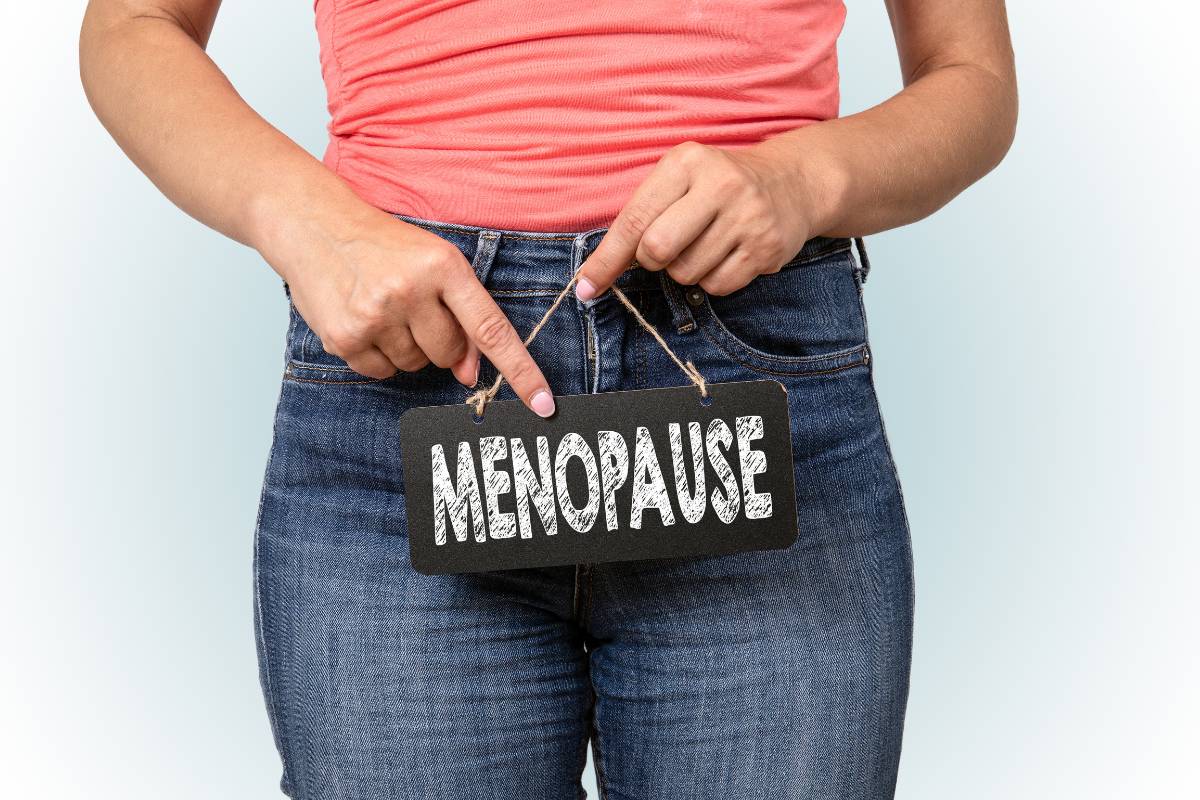Women’s Health and Peri-Menopause (Early Stages)

There are many factors to consider when looking at the different stages of menopause in women. It is commonly known that menopause marks the final stage of the menstrual cycle and reproduction. However, what often lacks awareness is the danger posed by peri-menopause, especially in women under the age of 40.
Table of Contents
ToggleThe Dangers of Peri-Menopause
While menopause is frequently discussed, the risks or dangers that come with it are rarely mentioned. There are no clear warnings, and when symptoms begin, women are often dismissed as being irrational or moody. Jokes and comments about women experiencing PMS fail to acknowledge the more severe challenges of peri-menopause. For many women, the symptoms may seem like just another month of their menstrual cycle. But as we age, our bodies change, and we experience the “change of life,” leading to the end of menstruation.
Common Symptoms and Health Concerns
For most women, the onset of menopause brings hot flashes, mood swings, and severe depression, and can exacerbate existing health issues. This transition is a major health concern for women everywhere, and it is crucial to pay attention to your body’s signals.
My Personal Experience
I would like to share my own experience when I first noticed the symptoms. At 40 years old, I began feeling different each month before my period. I became moodier than usual, and I was changing, becoming mean and irritable toward everyone. I couldn’t understand what was happening to me.
Early Diagnosis and Seeking Advice
When I spoke to my mom and aunt about it, they suggested I might be going through the “change of life.” At first, I couldn’t believe it—I thought I was too young. I was barely 40, and the idea seemed far-fetched. However, I was struggling to control my moods, and my body was changing. It affected my work, relationships, and family life. I had never felt so hateful or full of rage, and this went on for nearly a year.
Finding Relief Through Treatment
Eventually, I found an over-the-counter remedy called Amberen, which helped me feel better. After consulting my doctor, I began taking peri-menopause relief medication, which I’ve now used for almost eight years. It has made things much easier, especially with the mood swings. I even considered exploring Private healthcare in London for additional support and treatment options. Now, I mostly experience blurry vision, headaches, and occasional hot flashes. Hormonal treatments are also available for those who need them.
The Challenges of Peri-Menopause
The first two years of peri-menopause were the worst. I didn’t recognize myself and couldn’t believe this was happening to me. Many women I spoke to agreed that peri-menopause is something that is rarely talked about. The symptoms can be hard to explain or even embarrassing. Women can experience severe hot flashes, vision problems, mood swings, migraines, and more.
Impact on Relationships and the Importance of Treatment
The strain can lead to broken relationships, divorces, and more if not diagnosed and treated early. Peri-menopause can be a dangerous health issue, especially if ignored. This information is crucial for anyone who knows a woman experiencing these signs. Peri-menopause and menopause are distinct stages of the final menstrual process. There’s also premature menopause, which can be life-threatening and affects only 1% of women under the age of 40.
Emotional and Mental Health Impact
During the menopausal transition, women may also experience depressed moods and increased anxiety. This emotional toll becomes more significant as they approach the later stages of menopause, especially with prolonged periods of amenorrhea (absence of menstruation).
The Importance of Seeking Help
Through my research, I found plenty of articles on the stages of menopause. However, very few discuss the personal, emotional toll women experience during this time. It’s not surprising, given how challenging and scary it can be. Dissociation, depression, and mild rages are all common. While not all women experience these symptoms, from my own story and others, it can feel like a nightmare.
Final Thoughts and Encouragement
If not addressed, these symptoms can lead to major health issues. It’s important to visit your healthcare provider or OBGYN to diagnose and treat the condition early. There are many resources and treatment plans available to help manage menopause. It is essential to follow a treatment plan, maintain a healthy diet, and stay active.
I wrote this article to help other women going through this transition, and I encourage others to be understanding when discussing it with their loved ones. It can be a difficult time not only for the individual but also for those around them.
Published by Mary Scott
I'm a published author, a screenwriter and I have also created an audio series show along with an animated short videos. I love music and working in the film industry. My goal is to work for Hallmark. View more posts







